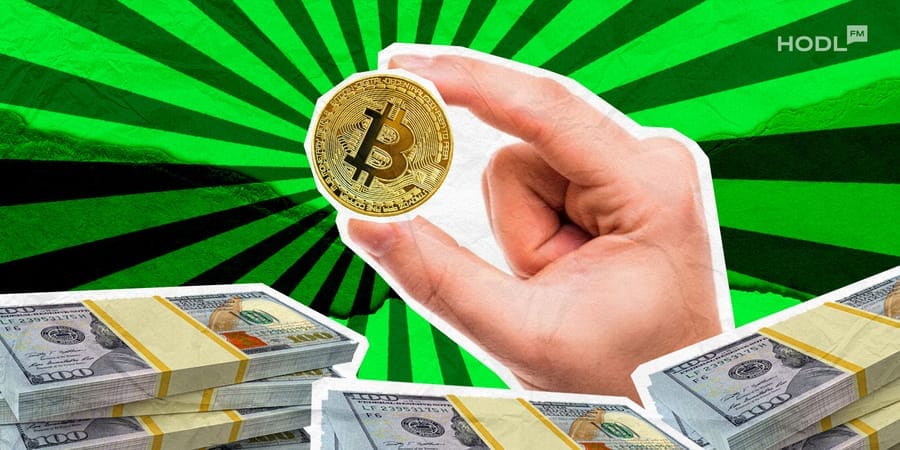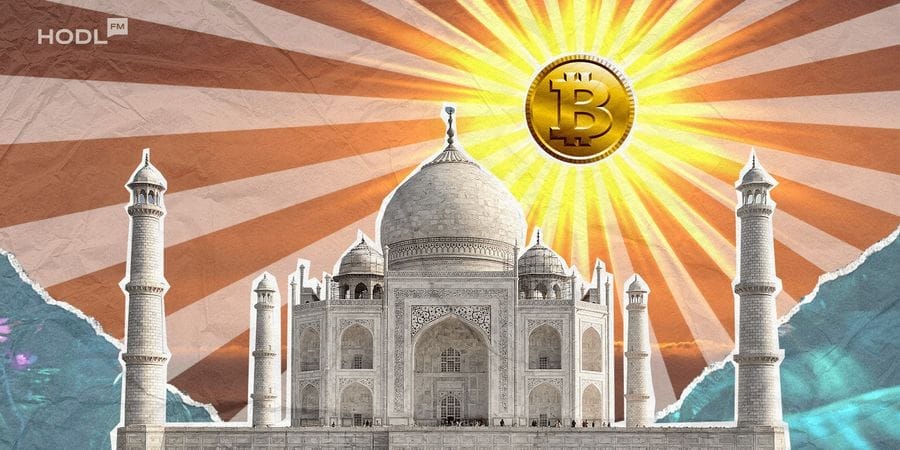The Indian government has reaffirmed its cautious stance toward cryptocurrencies such as Bitcoin, even as it advances new blockchain‑based digital currency initiatives backed by the Reserve Bank of India (RBI).
Union Commerce and Industry Minister Piyush Goyal announced during a roundtable in Qatar that the government will soon launch an RBI‑guaranteed digital currency designed to simplify everyday transactions while ensuring transparency and efficiency. The comments were reported by The Hindu on Tuesday.
RBI to pilot deposit tokenization project
In parallel, the central bank is preparing to begin a deposit tokenization pilot on Wednesday.
According to Reuters, Suvendu Pati, the RBI’s Chief General Manager for fintech, said the central bank will employ the wholesale version of its central bank digital currency (CBDC) as the underlying settlement layer. The pilot will be conducted in collaboration with “a few banks,” he noted.
Tokenization converts traditional financial assets, such as deposits, government bonds, or commercial paper, into digital representations on a blockchain, potentially enabling faster, cheaper, and more secure transactions.
“From a regulatory standpoint, integrity and enforceability have to be established,” Pati said, adding that risks are manageable under appropriate guardrails.
The RBI is also exploring tokenization for money market instruments, including commercial papers.
Government clarifies distinction from stablecoins
Minister Goyal stressed that India’s new digital instrument is not a stablecoin and not a private cryptocurrency, emphasizing that it will be officially backed by the RBI rather than by fiat reserves or private collateral.
“It will only make it easier to transact,” Goyal said, noting benefits such as reduced paper usage and faster settlement times compared to traditional banking. The initiative will use blockchain technology to enhance transparency and limit illicit activity.
Glad to meet H.E. Mr. Abdulrahman Hesham Al-Sowaidi, CEO of Qatar Development Bank (QDB).
— Piyush Goyal (@PiyushGoyal) October 7, 2025
Delighted to see the interest of Qatari businesses and investors in the opportunities offered by the rapidly growing Indian economy. Invited QDB to enhance collaboration in our growth… pic.twitter.com/X9GIW3nIy3
India maintains a watchful crypto policy
While Goyal endorsed blockchain adoption, he reiterated the government’s skepticism toward privately issued crypto assets, citing their lack of inherent backing or issuer accountability.
“We have not been encouraging cryptocurrency, which does not have sovereign backing or is not backed by assets,” he said. “Suppose tomorrow there’s no buyer—there’s nobody to guarantee. It’s a thing you can do at your own risk and cost. The government doesn’t encourage or discourage. We only tax it.”
India taxes income from digital-asset transactions at a flat 30%, alongside a 1% tax‑deducted-at-source (TDS) on most trades above threshold values. Losses cannot be offset against other income categories.
These measures form part of a broader attempt to contain crypto speculation without legitimizing private coins. Several domestic banks have reportedly tightened controls on peer‑to‑peer crypto activity, sometimes freezing accounts flagged during compliance reviews.
Broader context: CBDC over private crypto
The RBI’s CBDC program, launched in late 2022 with a wholesale‑market pilot, seeks to improve interbank settlement efficiency by reducing costs and friction in fund transfers. The new deposit‑tokenization trial aims to layer additional use cases onto that architecture.
While the initiatives reinforce India’s push toward a digitally tokenized financial ecosystem, they also highlight a divergent approach from Western models that accommodate regulated stablecoins.
Industry observers note that India’s preference for sovereign-backed digital money over privately issued crypto could shape regulatory frameworks across the Global South, particularly as other nations examine central-bank-led innovations.

Disclaimer: All materials on this site are for informational purposes only. None of the material should be interpreted as investment advice. Please note that despite the nature of much of the material created and hosted on this website, HODL FM is not a financial reference resource, and the opinions of authors and other contributors are their own and should not be taken as financial advice. If you require advice. HODL FM strongly recommends contacting a qualified industry professional.





